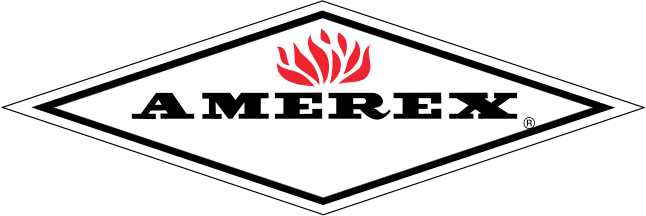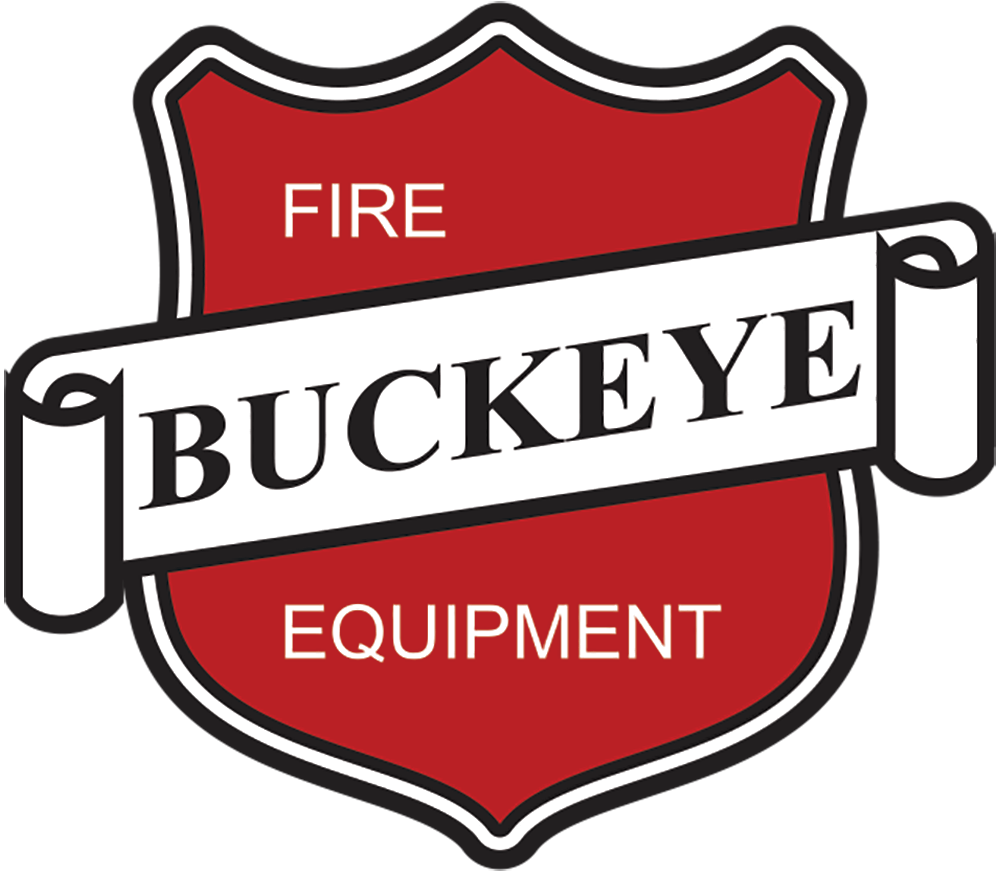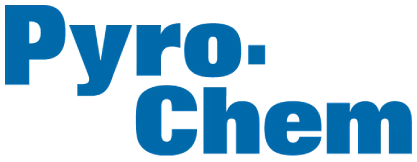Kitchen fire systems protect restaurants from the catastrophic effects of fires. However, despite their importance, it’s possible for restaurant owners and managers to make mistakes that hinder the system’s effectiveness.
Understanding the issues that prevent kitchen fire systems from working is essential to maintaining the safety of workers and customers as well as protecting assets. Read on to find out more about these various problems so you can avoid them in the future.
A Poor Installation
One reason why your restaurant fire suppression system may not work is because someone installed it improperly. For example, if you fail to hire an expert to complete this important task, it can result in substantial performance gaps. Installation errors commonly go unnoticed until it’s too late because everything appears to be in working order from the outside.
Additionally, a rushed installation that cuts corners can compromise the safety of others and lead to long-term inefficiencies. Ensure your restaurant relies on qualified installers who understand the unique requirements of each kitchen setup.
Lack of Maintenance
Over time, components wear down. Skipping scheduled maintenance can lead to problems that can rapidly escalate into serious hazards. This makes it essential to have a professional regularly inspect the system and perform tests.
They will be able to identify wear and tear issues before they cause a system breakdown. Maintenance tasks, such as inspecting seals and testing firing mechanisms, allow a kitchen fire system to operate properly when every second counts.
A Bad Design

Even the most advanced fire suppression system can fail to protect a restaurant kitchen if it has a flawed design. For instance, failing to consider ceiling height or airflow patterns can reduce the efficiency of fire suppression.
In addition, designing a system without properly analyzing specific risks—such as high grease production and frequent use of open flames—can create vulnerabilities. Every kitchen should have a system that addresses its specific needs, accommodating everything from equipment placement to ventilation systems, to maximize performance.
Not Enough Coverage
Another issue that prevents kitchen fire systems from working is inadequate coverage. When key appliances, such as fryers, grills, and ovens, remain outside the scope of nozzles and suppression agents, the system cannot respond effectively to fires in those areas.
Blind spots in coverage dramatically decrease the system’s efficacy, making it crucial that businesses verify each appliance has the appropriate protection. Configuring a system to address the entire kitchen layout minimizes vulnerabilities and enhances safety across all zones.
Incomplete Employee Training

Even a well-maintained and designed fire system fails if employees don’t understand key procedures. Kitchen staff often serve as the first line of defense when a fire breaks out, so their knowledge of fire safety systems greatly impacts the outcome of an emergency.
However, if you do not provide your staff with comprehensive training, your workers may hesitate to activate the suppression system or misunderstand its operation. Ensure your restaurant training programs cover the use of manual pull stations and the proper methods for cleaning and maintaining equipment to minimize fire risks. You will better prepare your teams to protect themselves and your restaurant when system activation becomes necessary.
Degraded Chemicals
Chemical-based fire suppression systems rely on specialized agents to extinguish flames and cool surfaces. However, these chemicals can degrade over time, losing their effectiveness. When chemicals remain past their recommended replacement date, they fail to perform as required during an emergency.
Monitoring expiration dates and adhering to replacement schedules is crucial for preserving system reliability. Timely chemical refills ensure that when the system discharges, the fire suppressant works as intended, quickly controlling fires and preventing additional damage.
Damaged Components
Physical damage to components can disrupt system functionality. Nozzles, pipes, seals, and wires can become damaged from daily wear in a busy commercial kitchen environment. Grease buildup, accidental impacts, or small leaks can greatly weaken the system.
For example, a damaged discharge line might prevent suppressant from reaching targeted areas, rendering the system ineffective. Conducting regular inspections helps identify and repair damaged components before they compromise safety. Protecting physical hardware from damage is as important as maintaining the system’s inner mechanics.
Failure To Follow Instructions
Fire systems include manufacturer guidelines and operational procedures for a reason. If you do not follow these directions, you may create unnecessary risks in your kitchen. Business owners must adhere to specific guidelines regarding maintenance schedules, cleaning procedures, and the proper use of equipment.
Cutting corners on these instructions can lead to minor, preventable problems that ultimately cause more significant system failures. For example, skipping nozzle cleanings allows blockages to form, potentially preventing suppression agents from effectively dispersing. Commitment to following all guidelines is vital for maintaining operational readiness.
Failing To Update the System After Expansions
Some restaurants undergo renovations and expansions. Therefore, the kitchen’s fire suppression system must evolve, too. Expanding a kitchen without updating its fire suppression system creates glaring vulnerabilities.
Whether renovating to add extra cooktops or swapping out fryers for larger models, growth must coincide with system upgrades. Professionals can also help you determine whether expansions necessitate modifications to the system. Keeping it aligned with the restaurant’s current configuration helps protect your kitchen operations.
Electrical Short Circuits
Electrical short circuits can also pose a significant threat to the functionality of kitchen fire suppression systems. For example, overloaded circuits or improper electrical maintenance can lead to these situations. A short circuit may disable key components of the fire suppression system, such as control panels, sensors, and release mechanisms, rendering the system incapable of responding effectively to a fire.
Checking your electrical systems is key to guaranteeing that all wiring and connections supporting the fire system remain intact and operational. Prioritizing preventative maintenance for both the electrical infrastructure and the suppression system safeguards your kitchen from increased fire risks and unexpected system failures.
Now that you know more about these issues, you can better protect your restaurant, staff, and customers. Hedrick Fire Protection can assist you in this process with our restaurant kitchen services, which include high-quality system installations, inspections, and repairs. We’re ready to work with you to reduce the effects of fire hazards in your workplace.



